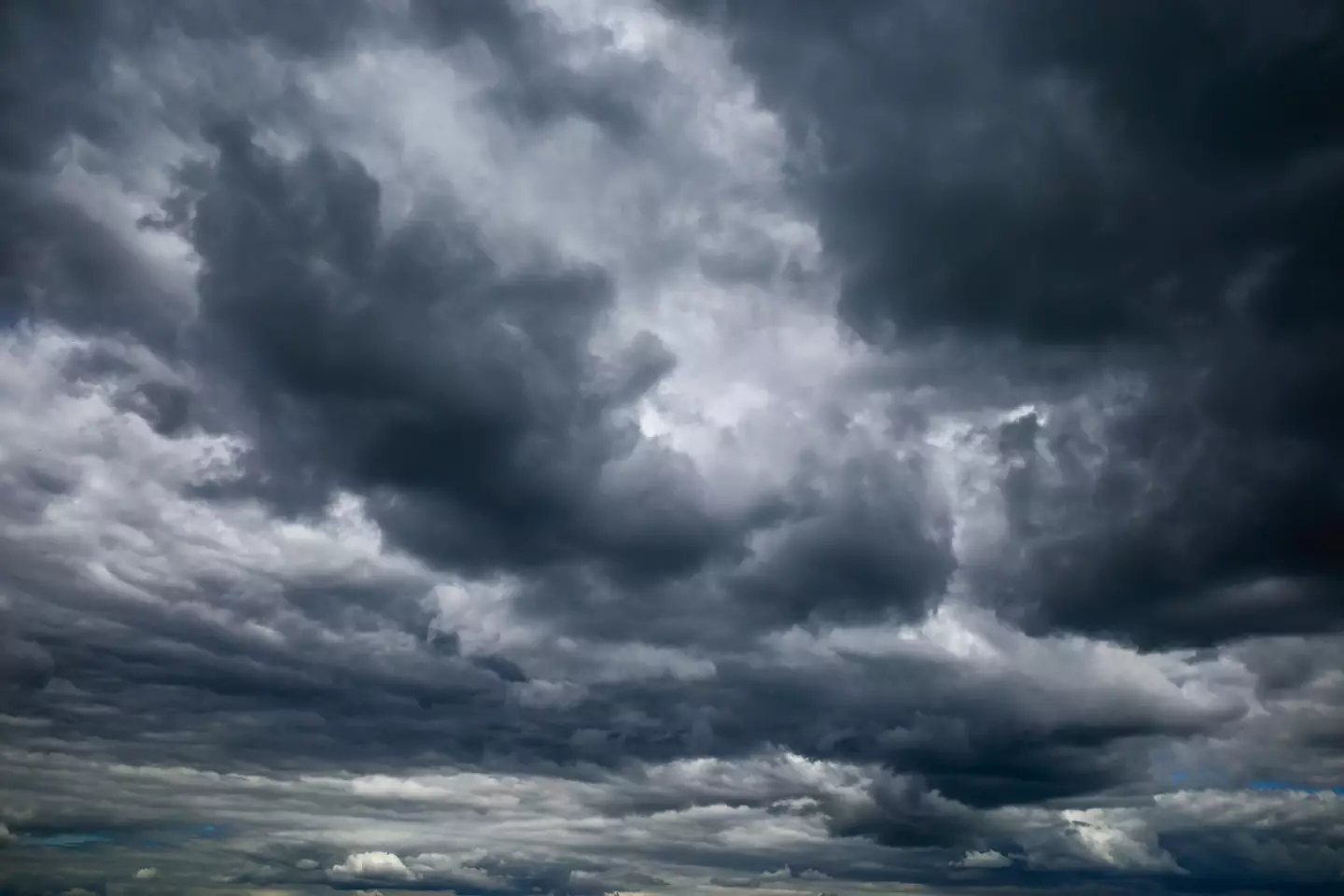There’s a scientific explanation behind the odd phenomenon
The clocks have gone forward, the Sun is out more and our coats have gone back into the closet – summer is (almost) here.
But since we live in the UK, it could rain literally any time over the following months despite the warmer weather.
We were slightly unlucky with conditions last summer, as Europe and the US were blessed – or cursed depending on how you look at it – with a historic heatwave.
As long as we avoid a flood like this, we should be fine:
It really doesn’t matter what the weather app says, the forecast is more or less a guessing game and you’ll have more luck throwing a dart at a board and seeing what number it lands on to determine the temperature outside.
So, is there a more reliable way to predict impending rain?
Some people claim they can actually smell rain before it arrives, though others on social media aren’t as convinced.
But obviously, those that can’t do it won’t believe it, with the smell of rain – which is water after all – being something ridiculously far-fetched. Or so we thought.

Apparently, you can smell a storm brewing. (Getty Stock Image)
In comes science!
That’s right, there is actually scientific evidence that reveals some people have the ability to physically smell rain before it arrives, and it’s all thanks to petrichor.
This word is derived from the Greek language, as petros means stone (as in petrify), and ichor, also known as the substance that flowed through the veins of the literal Greek Gods.
Not a weird looking word anymore, is it?
Anyway, it turns out that this unique smell is produced by a soil bacteria, which releases a chemical called ‘geosmin’. Our ability to sense this is actually quite impressive, being more potent than a shark’s ability to detect blood.
The specific smell is most prominent after a period of rain, as raindrops hit the ground and flatten in puddles, where they can trap pockets of air.

Your nose is more powerful than you think. (Getty Stock Image)
Then, much like tiny aerosols, they bubble up and take whatever chemicals and microorganisms the puddle contains into the air with them.
But there’s more than that, the chemical ‘ozone’ is another pungent source of smell, though sweeter than the scent petrichor gives off.
The scent of this chemical can signal an incoming storm, as pockets of ozone gas are pushed down to ground level by winds caused by the approaching storm.
Basically, the gases are blown by wind down to our level, where our nostrils can pick up the smell.
All you need to do is have a big old sniff when it gets a bit cloudy, and you might save yourself from getting soaked while going to the shops.
